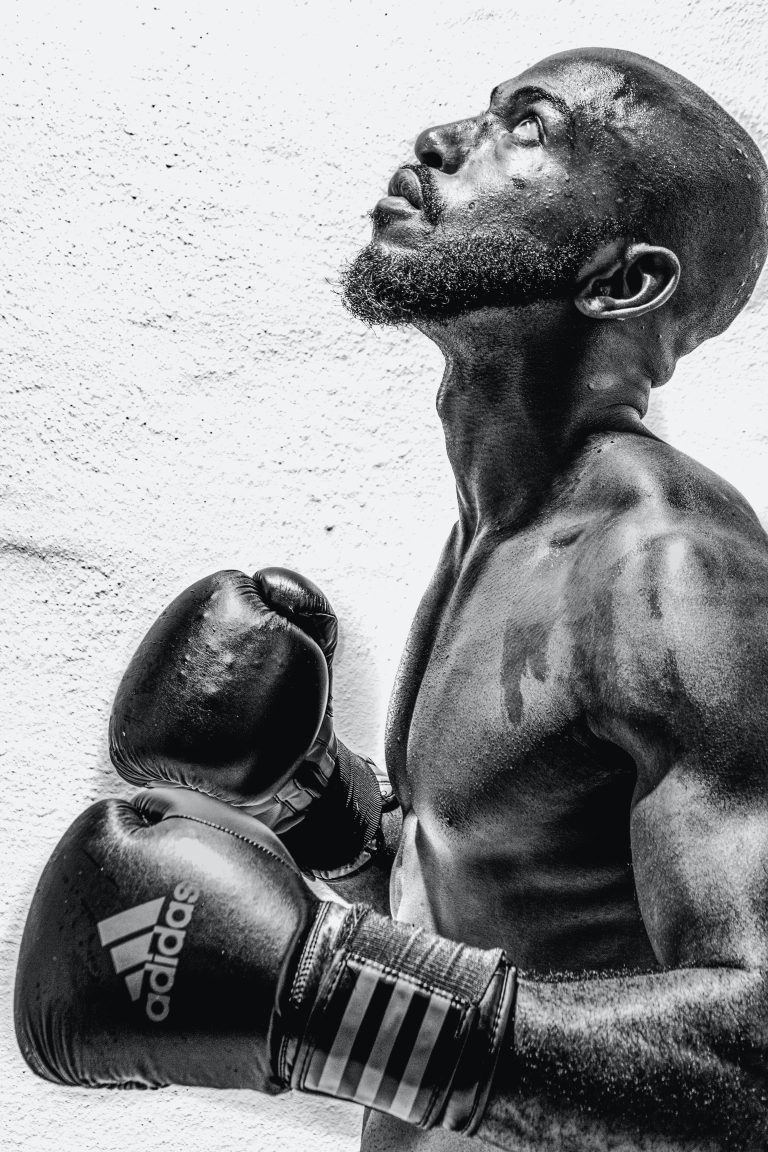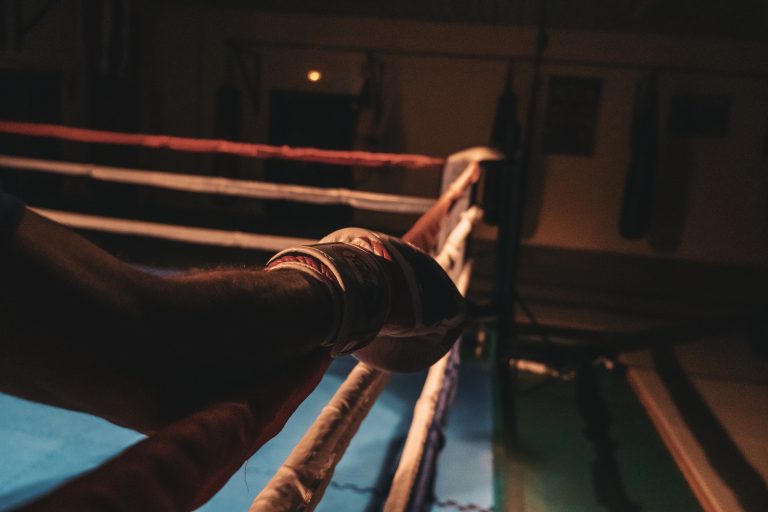Karate: How to Prepare for karate Examinations
Karate examinations, or kyu gradings as they are sometimes called, are an important part of the martial art. In order to progress and move up the ranks, karate students need to be familiar with the examination process and have a well-defined plan for preparation. This blog post will explain the steps and strategies needed to prepare for successful karate examinations.
What are karate examinations
Karate examinations are tests used to evaluate a student’s level of competence in the martial art. The examinations consist of physical tests, such as kicks and blocks, as well as mental tests, such as demonstrating knowledge of kata and Concepts in Karate. Examinations take place in different environments, depending on the Martial Arts school hosting them – some are more formal than others and involve wearing a particular uniform or Gi.
Karate students must pass these tests to advance to the next rank or level. Successful students may then be able to join in advanced classes and learn more difficult techniques. Passing karate examinations also gives students a sense of accomplishment that is highly valued in the martial art.
Preparing for a Karate Examination – Steps, Strategies, and Tips
Karate examinations, unlike regular classes and drills, require preparation in order for students to perform well and pass. Preparing for a karate examination takes both physical and mental effort. The following steps and strategies can help students to approach their exams successfully.
1. Make sure to understand the Examination Requirements
The first step in preparing for a karate examination is to carefully read through all of the requirements for the exam. These requirements can vary depending on the martial arts teaching style and are usually available from the school hosting the exams. Students should make sure that they understand exactly what is expected of them and what techniques and functions they will be tested on.
2. Research Techniques
Once students understand what is required for the exam, they should research the different techniques associated with each one. Researching these techniques can help students to understand the steps required for successful performance of each one. There are many online resources available for this purpose, such as YouTube tutorials and other martial arts websites (some even offer interactive tools like training simulations).
3. Train the Techniques
After researching the necessary techniques, it is time to start practicing them in order to prepare for the actual exam. There are several different training methods that students can use; however, student should focus on two main types: solo practice – which involves practicing alone using a mirror or recording device – and partner practice – which involves practicing with a partner or instructor.
4. Give Yourself Time
Students should also make sure that they give themselves enough time to adequately prepare for their exam. Karate examinations usually involve complex physical and mental components that require a significant amount of skill in order to pass. It is important for students to give themselves enough time for adequate practice before their exams so that they can have the best chance of success on the day of the test.
5. Optimize for Performance
In order to maximize their performance on the day of the karate examination, students should also try to optimize themselves by ensuring that they are well rested, hydrated, and have eaten a balanced meal. This will help them to remain focussed during the exam and help them to perform their techniques more effectively.
6. Maintain Self-Confidence
One of the most important factors in preparing for a karate examination is maintaining self-confidence throughout the process. Students should aim to be positive about their performance in all aspects of the exam; including their technique execution, mental knowledge, and physical strength. This will help them to stay calm throughout the exam and increase the chances of success on the day of the test.
Conclusion
Karate examinations are an important part of martial arts progression and an important gauge of skill mastery in this traditional practice. In order to succeed at these tests, students need to prepare with an effective plan that includes understanding requirements, researching techniques, engaging in adequate practice, optimizing for performance, and maintaining self-confidence throughout. Following these steps and strategies should allow students to perform well in their exams and advance up the ranks with success.
What are Karate Examinations?
Are you interested in learning more about Karate examinations? You’re in the right place. In this post, we’ll be answering the most frequently asked questions about Karate examinations. Whether you’re just starting out or have been practicing for years, this post will provide you with all the information you need to know about Karate examinations.
What are Karate Examinations?
Karate examinations are a way for students of Karate to demonstrate their knowledge and proficiency at various levels of skill. These examinations are typically held within a Karate school or organization and are designed to test a student’s knowledge of Karate techniques, forms, and sparring.
Why are Karate Examinations Important?
Karate examinations are essential for several reasons. Firstly, they provide a way for students to track their progress and set goals for themselves. Secondly, they ensure that students are being taught and evaluated according to the standards set by their Karate organization. Finally, they give students a sense of accomplishment and recognition for their hard work and dedication to the art of Karate.
What Types of Karate Examinations Exist?
There are different types of Karate exams, and each organization may have its own requirements and standards. However, some of the most common Karate examinations include:
Kyu Examinations
Kyu examinations are tests designed for students who are still in the beginner and intermediate stages of their training. These examinations typically involve demonstrating various techniques, forms, and basic sparring skills. Kyu ranks usually range from 10th Kyu (the lowest) to 1st Kyu (the highest).
Dan Examinations
Dan examinations are for more experienced students who have reached a higher level of skill in Karate. These exams are typically much more challenging and may require the student to demonstrate advanced techniques and sparring skills. Dan ranks usually range from 1st Dan (the lowest) to 10th Dan (the highest).
Judgment Examinations
Judgment examinations are designed for individuals who are looking to become instructors or judges in Karate. These exams require a deep understanding of Karate techniques, forms, and principles.
How to Prepare for a Karate Examination?
Preparing for Karate exams takes time and dedication. Here are some tips for preparing for a Karate examination:
Attend Regular Classes
Consistency is key when it comes to preparing for a Karate exam. Attend regular classes and make sure to practice the techniques you learn consistently.
Focus on Basics
The foundation of Karate is built on basics. Focus on mastering the basics before moving on to more advanced techniques.
Practice, Practice, Practice
Practice your techniques regularly and find a partner to practice with, especially when it comes to sparring.
Set Realistic Goals
Set realistic goals for yourself and track your progress regularly. Don’t be too hard on yourself and take the time you need to master each technique.
Conclusion
Karate examinations are an important part of a Karate student’s journey. They provide a way for students to track their progress and set goals for themselves. By following the tips outlined above, you can prepare yourself for a successful Karate examination. Remember that consistency, dedication, and practice are essential to mastering the art of Karate.
Inhaltsverzeichnis






